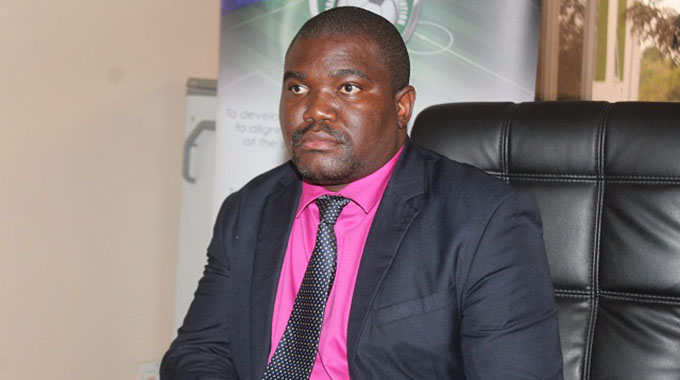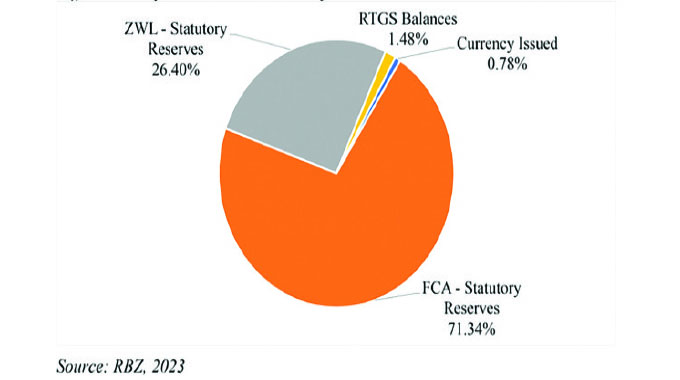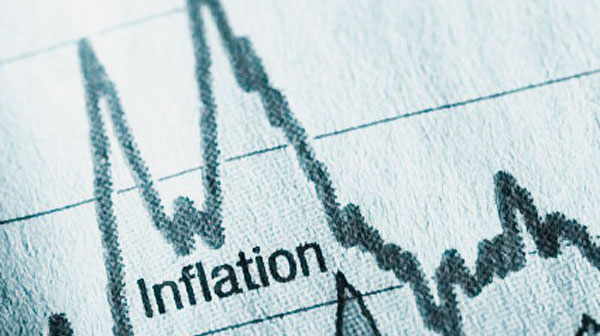Zim businesses turn to solar energy

Martin Kadzere
MANY Zimbabwean small to large businesses are turning to solar energy to try and overcome one of the country’s worst challenges — prolonged electricity cuts. With the country experiencing a serious power crisis, using generators is proving to be unsustainable for many businesses given high expenses related to generators.
Since running a generator for a longer period is significantly more expensive, production input costs go up.
The costs are either passed onto customers in the form of higher prices, or are absorbed by producers in the form of lower profit margins.
Zimbabwe is only able to churn about one third of its total power capacity to the grid due to a combination of factors including dilapidated power infrastructure at one of its largest power plant, Hwange Thermal plant. Production at more stable Kariba Hydro Power plant has been seriously affected by low water level in the Lake Kariba.
Zimbabwe requires at 1 800 megawatts but as of yesterday, it was generating 576 MW.
Importing power is also a challenge as some of the regional suppliers, particularly Eskom of South Africa, is struggling to keep its generating units in service.
A scarcity of foreign currency has also resulted in Zimbabwe struggling to pay for power imports.
“We are likely to have energy deficits for some time and it is high time that we should turn to alternative sources of energy such as solar,” Mr Charles Msipa, the chief executive of Schweppes told The Herald Finance and Business in an interview.
Schweppes, one of the largest beverages firm is set to commission its 1 MW rooftop solar plant on November 25.
“Upfront (investment) is high but over time is sustainable.”
It costs about US$1 million to set up a rooftop solar plant with a life span of between 15 and 20 years.
But the amount excludes the costs of batteries, said Mr Divyajeet Mahajan, the chief executive of Distributed Power Africa, a member of Econet Group involved in solar energy installation in Zimbabwe, South African and Kenya.
The Cotton Company of Zimbabwe, Ariston Holdings and Beta Bricks are some of the big corporates that are looking at investing in solar plants to power their operations.
Chief executive of Ariston, Mr Paul Spear said while his company and many other horticultural companies could now pay electricity bills in foreign currency in exchange for ring-fenced power, his company would still focus on alternative energy sources such as solar as there was no guarantee of uninterrupted power supplies.
“We are anticipating the problem to persist for some time,” said Mr Spear.
Mr Mahajan said there was considerable interests from companies seeking to invest in solar.
The prolonged power cuts have forced several companies that cannot afford huge generator related expenses to significantly cut production hours. Households have not been spared as they sometimes endure up to 19 hours without electricity.
“The load-shedding is going to impact the economy negatively. If you think of it, a company that from one day to the next only gets a few hours of electricity a day has two options. One option is to use a generator as a substitute to electricity it was getting from Zesa, which requires buying expensive fuel but this assumes the company has access to fuel which is not a given in the Zimbabwean context,” said the IMF in a report in June.
Zimbabwe Power Company said it missed its third quarter target by 36 percent, after sending 1 505,44 GWh of energy against a target of 2 355,61 GWh.
This output is 67,48 percent below the output for the same period in 2018. Year to date, ZPC has send out 6219,28 GWh, representing a negative variance of 9,08 percent.
ZPC is expanding Hwange under a US$1 billion deal with Sino-Hydro to boost electricity production by additional 600 MW.
The old plant has since outlived its lifespan.








Comments